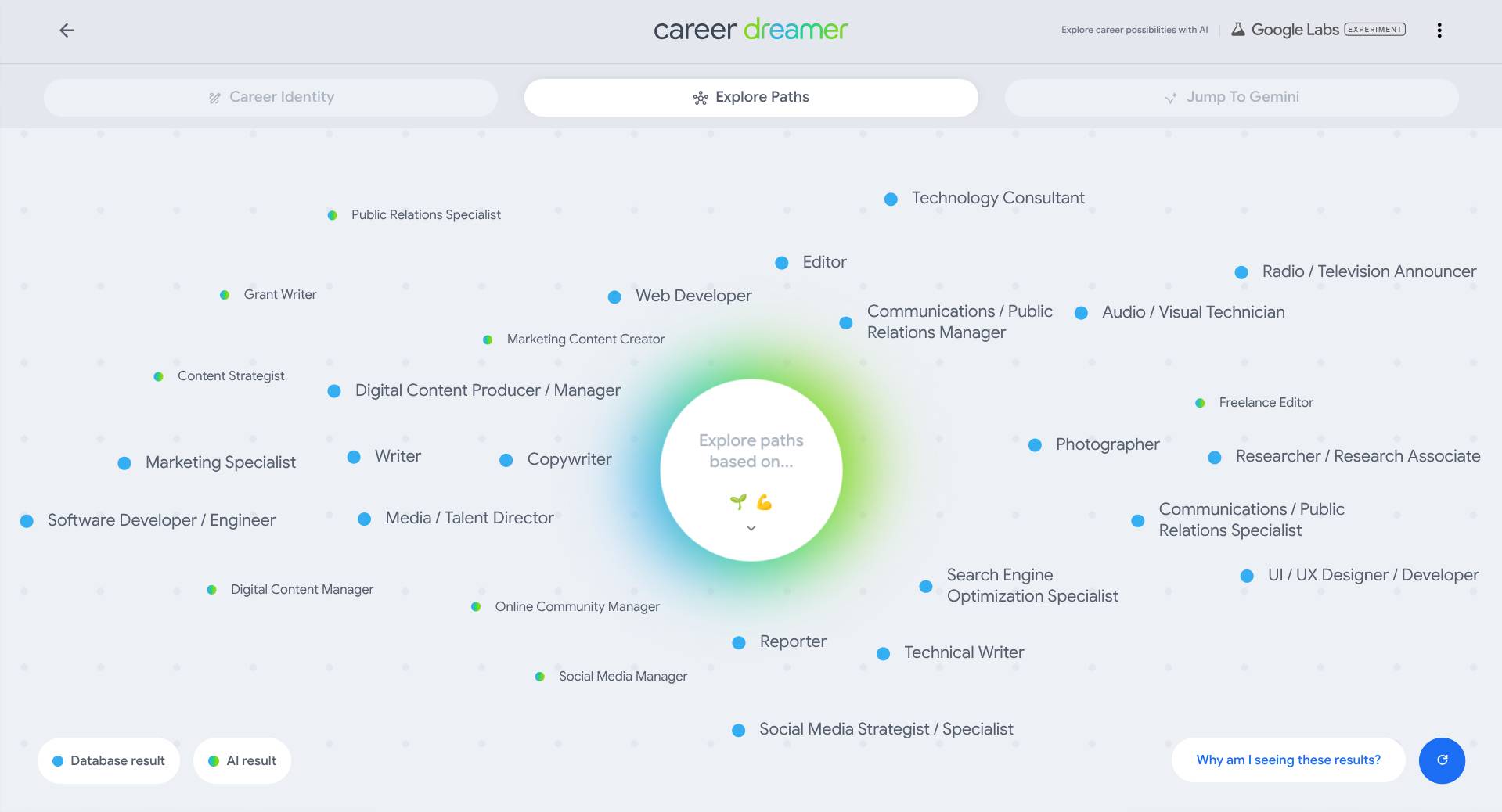RECOMMENDED NEWS

WeTransfer backlash highlights need for smarter AI practices
A recent update to WeTransfer’s terms of service caused consternation after some of its customers ...
Read More →Microsoft considers developing AI models to better control Copilot features
Microsoft may be on its way to developing AI models independent of its partnership with OpenAI. Over...
Read More →
Samsung might put AI smart glasses on the shelves this year
Samsung’s Project Moohan XR headset has grabbed all the spotlights in the past few months, and rig...
Read More →
OpenAI halts free GPT-4o image generation after Studio Ghibli viral trend
After only one day, OpenAI has put a halt on the free version of its in-app image generator, powered...
Read More →
‘Princess Mononoke’s U.S. distributer touts box office success ‘in a time when technology tries to replicate humanity’
More than 25 years after its original release, Hayao Miyazaki’s action epic Princess Mononoke is...
Read More →
Amazon’s AI shopper makes sure you don’t leave without spending
The future of online shopping on Amazon is going to be heavily dependent on AI. Early in 2025, the c...
Read More →
Low-cost smart ring shows the future of sign language input on phones
Tech for Change This story is part of Tech for Change: an ongoi...
Read More →
Google’s AI can now tell you what to do with your life
Andrew Tarantola / Google LabsGot a degree and no idea what to do with it? Google’s newest AI feat...
Read More →
Opera’s Operator will save you the clicks and browse the web for you
Mobile World Congress Read our complete coverage of Mobile Worl...
Read More →
Comments on "WeTransfer backlash highlights need for smarter AI practices" :